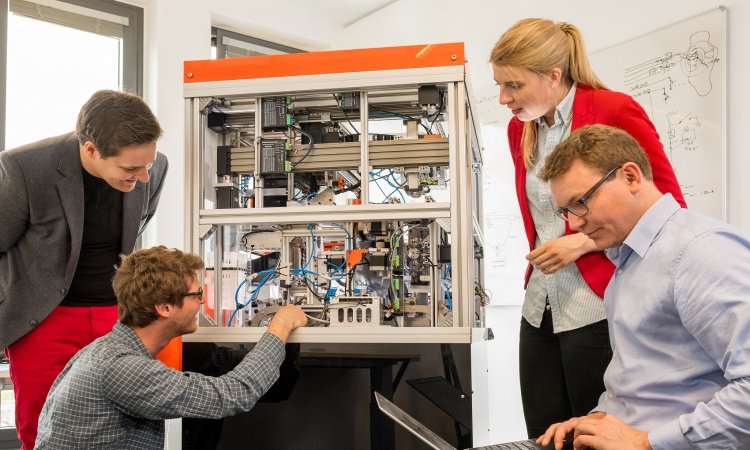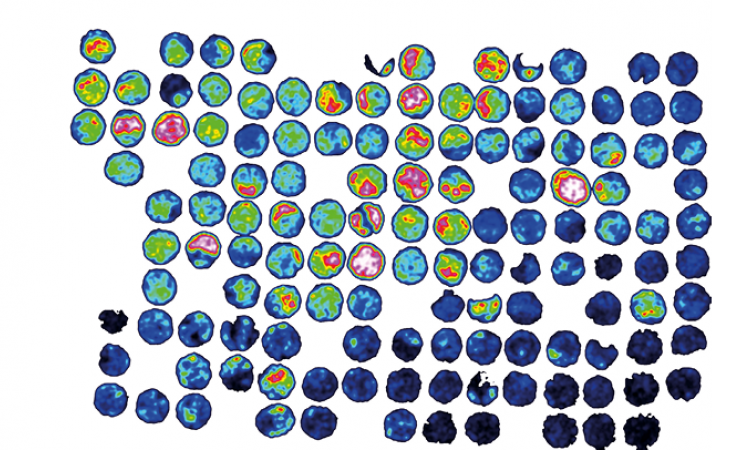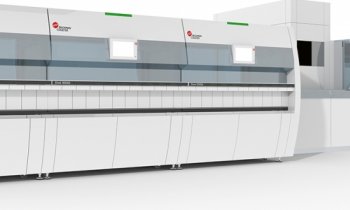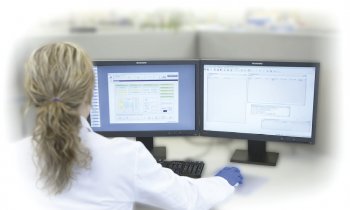Article • Strategies
Three-step process for digital pathology
As laboratories in Europe shift to systems for digital pathology, they must ensure the technology not only works, but works for them, says Dr Liron Pantanowitz, director of pathology informatics at University of Pittsburgh Medical Center (UPMC).
Report: Lisa Chamoff

On 27 May, at the 13th European Congress on Digital Pathology in Berlin, pathologist Dr Liron Pantanowitz, from the Pittsburgh Medical Center will give the keynote address ‘Strategies and demands for digital pathology workflow integration’, discussing how to bring digital technologies into a laboratory without disrupting the processes already set up.
‘Just because you’re bringing in new technology doesn’t mean you’re going to do a better job,’ Pantanowitz confirms. ‘The people have to be willing to work with the technology and be efficient.’
Later in that 3rd day of the congress, Pantanowitz will also participate in a roundtable discussion on Digital Pathology Workflow Integration. In his keynote address, the pathologist will go over the three-step process for digital pathology: pre-imaging, imaging and post imaging, providing strategies for incorporating scanning of slides into a lab’s workflow, and discussing the importance of training people to do high-quality imaging to create the best slides and how laboratories can make decisions about saving immense amounts of data.
Going digital could have a negative affect on a laboratory’s workflow if, for example, employees batch all the work of scanning slides, or if there’s downtime, Pantanowitz points out. If laboratories follow the right integration strategies, he adds, they can take advantage of the many benefits of a digital system -- using computer-aided diagnostic tools and conducting image-based searches.
Just because you’re bringing in new technology doesn’t mean you’re going to do a better job. The people have to be willing to work with the technology and be efficient.
Dr Liron Pantanowitz
Pantanowitz will also touch on his work with Onyx, a company that provides digital pathology technology and is a joint venture between GE Healthcare and UPMC
Digital pathology is gaining ground in Europe faster than in the USA, Pantanowitz points out, with less stringent regulations governing its use. The country’s Food and Drug Administration (FDA), which regulates medical devices, states that digital pathology cannot be used for primary diagnosis. While the USA’s laboratories can use digital pathology technology ‘off label’, they risk being held liable if there should be a malpractice case. As a result, three laboratories in Europe have gone fully digital, according to Pantanowitz, while he is not aware of any fully digital laboratories in the USA.
UPMC runs a digital pathology consultation service, providing second opinions to pathologists, clinicians and patients around the world, which provides the facility with an additional revenue stream. The Pittsburg Medical centre is in the process of collecting data regarding the use of digital methods for primary diagnosis to help make the case for using digital technologies for primary diagnosis, Pantanowitz adds.
23.05.2016











